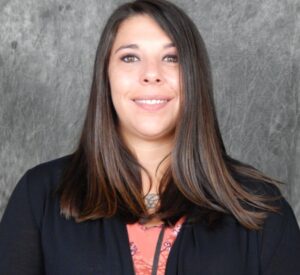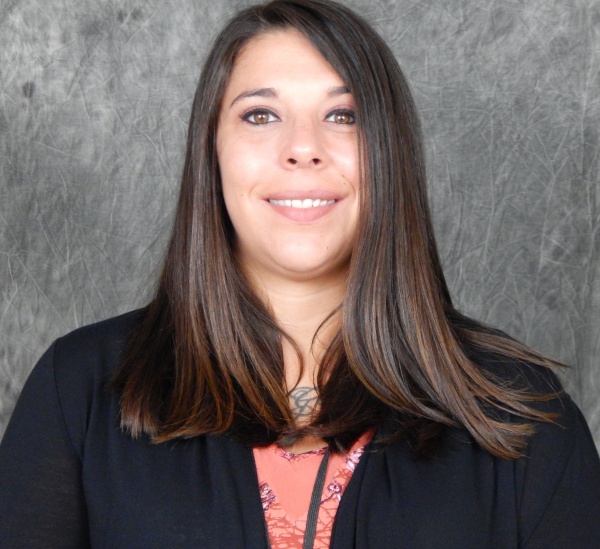by Anja Wuolu
Sarah Rauchbauer of St. Joseph knew very little about the world of disability when her disabled child came into the world. As a 20-year-old new mother, she did not know much about advocacy at all.
When her child began school, Rauchbauer learned about the PACER Center, an organization which stands up for disabled children. Hitting her stride, Rauchbauer became a leader in her school district. In September, Rauchbauer began a ninth-month program, “Partners in Policymaking.”
Partners in Policymaking is a competitive program designed to teach an annual cohort of disabled people and parents of disabled children how to better defend and support disability-related people and causes. Sherie Wallace of Partners in Policymaking’s public relations has spent a decade going to the classes and speaking with participants.
“People in the class begin to feel comfortable speaking in a microphone,” Wallace said. “Moms physically change from September to May.”
Throughout the course, participants meet with people such as county commissioners and legislators. They learn how to be confident in speaking about disability. They also learn how to improve their familial and other interpersonal relationships. After 35 years, Partners in Policymaking has educated more than 1,100 people.
The classes are a mixed group. Age, ability, education levels and life experiences are all very different. Many of the participants go on to enact changes in their area. One person, a mother of a disabled child in Red Wing, was concerned her town didn’t have an accessible playground. After writing letters and meeting with decisions makers, the Red Wing mother arranged for the construction of an accessible playground.
Rauchbauer is interested in special education. Currently she is working with educators to increase training and enforce already-established rules.
“We have these tools and processes,” Rauchbauer said, “and they’re not being utilized.”
One helpful tool is an Individualized Educational Program. IEPs are unique to each person. They generally have learning goals and plans for how to achieve them. They might also contain specific items a child needs such as a medication or a piece of technology.
“Every child is unique and learns in different ways,” PACER’s website states. “If your child has been identified as needing special-education services to support his or her learning at school, you can play a major role in shaping the services your child receives.”
IEPs exist, yet according to Rauchbauer, many of the people who are supposed to be enacting IEP’s: paraprofessionals, teachers and others are not reading them or not following the plans. Rauchbauer’s own child experienced this kind of neglect.
“Yes, we do have shortages,” Rauchbauer said. “We still have an obligation to meet those needs no matter the barriers.”
Rauchbauer said she believes advocacy begins with awareness of both the problems and pre-existing efforts to address them.
“[Advocacy can be] pointing out gaps, questioning why there’s not a more inclusive approach,” she said.
Making people aware of barriers, such as doors not being wheelchair accessible, is a huge part of advocacy. From there, solutions need to be found. Rauchbauer currently works to teach other parents of disabled children about their rights and to connect them with resources such as PACER.
However, Rauchbauer wants to go beyond simply upholding the laws and policies already in place. She hopes to improve the laws. Throughout the next several months while participating in Partners in Policymaking, Rauchbauer said she will strive to learn how to improve special education at the legislative level.

Sarah Rauchbauer




